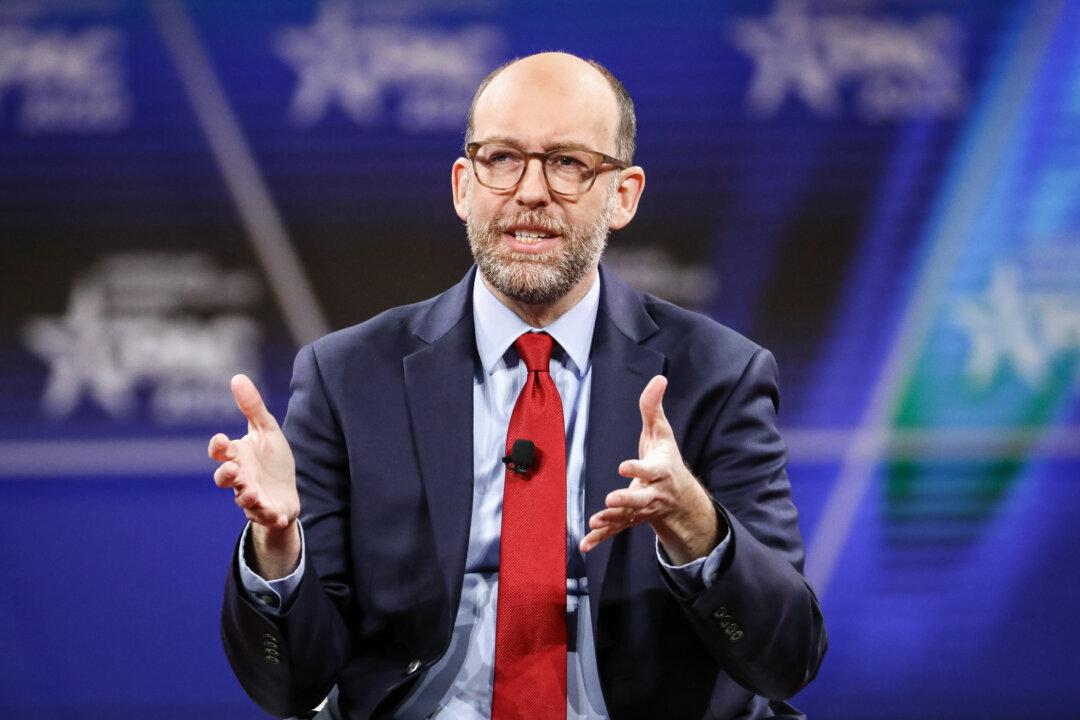The primary U.S. consumer finance agency on March 26 requested that a court vacate a discrimination case the agency won in 2024, as officials said prior leadership had abused its power in prosecuting the action.
Internal records reviewed under executive orders from President Donald Trump show that the Consumer Financial Protection Bureau (CFPB) opened an investigation into Townstone Financial, a mortgage lender in Chicago, “without a substantial predicate of actionable facts,” CFPB attorney Mark Paoletta said in a court filing.





